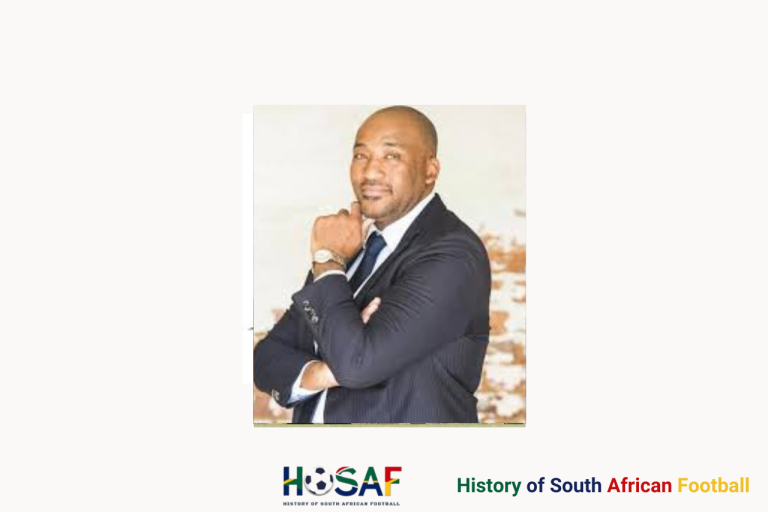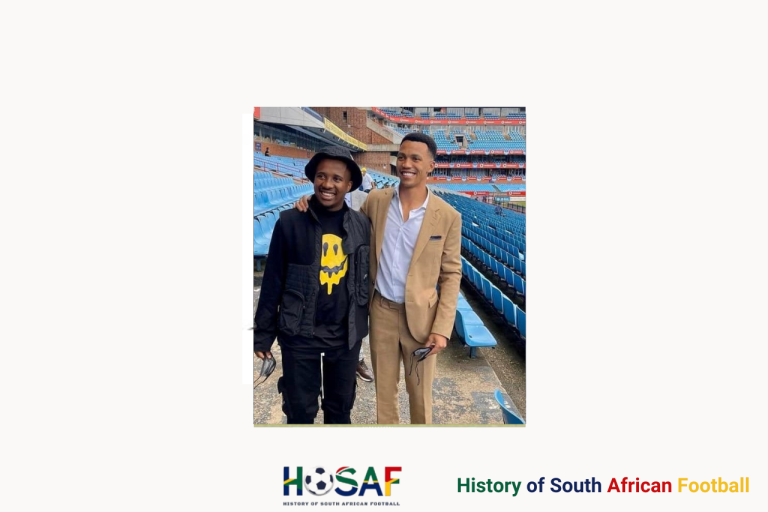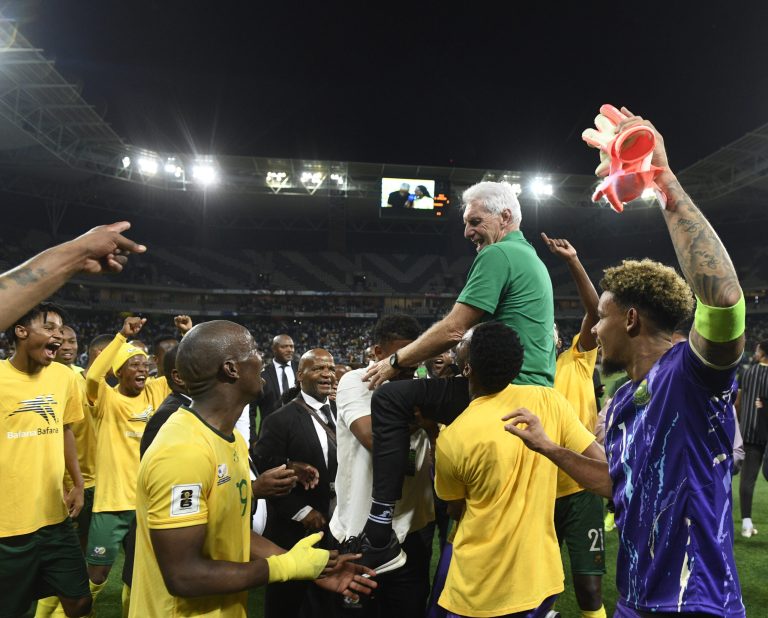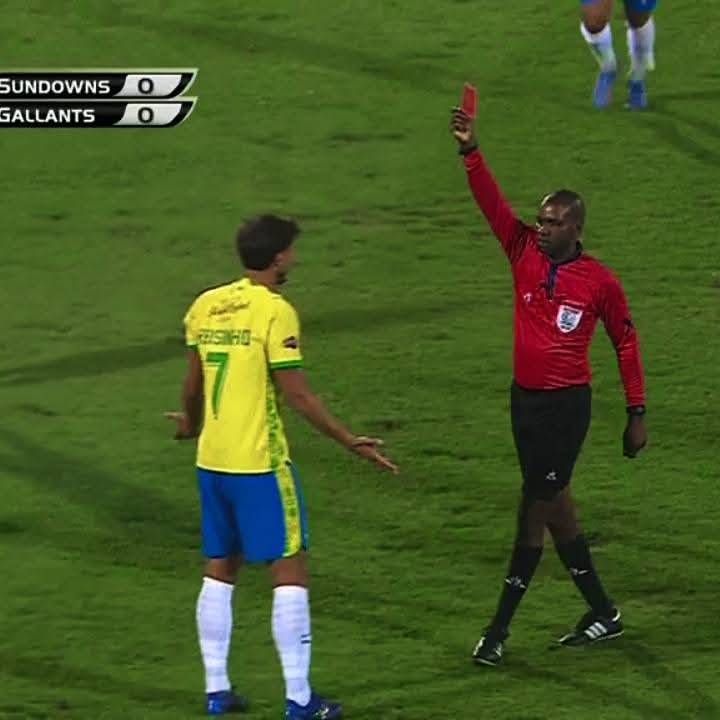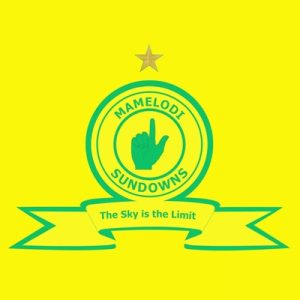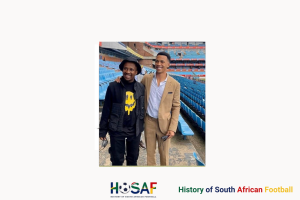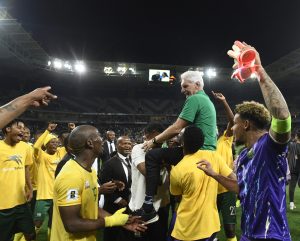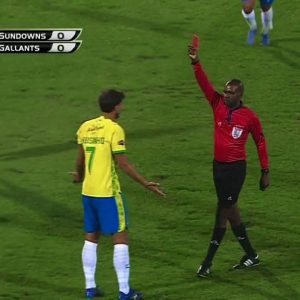When you hear the words “Piano and Shoeshine” in South African football, you immediately think of one team — Mamelodi Sundowns. But what does it really mean? Where did it come from? And why is it still so important to the club’s identity?
Let’s take it back to the beginning.
🎹 The Origins: Carpet Football and Community Roots
In the early days of Mamelodi Sundowns, the club’s future was secured by three passionate community leaders: Dr. Motsiri Itsweng, Dr. Bonny Sebotsane, and Joseph “Fish” Kekana. They bought the club for just R4,000 and relocated it to Mamelodi, east of Pretoria.

Even back then, Sundowns had a vision. They insisted on a passing game they called “Carpet Football” — football played on the ground. No hopeful long balls or aerial battles. The ball had to kiss the grass. It was about short, intelligent passes that kept the game flowing.
🇮🇹 The Italian Influence & Zola Mahobe’s Vision
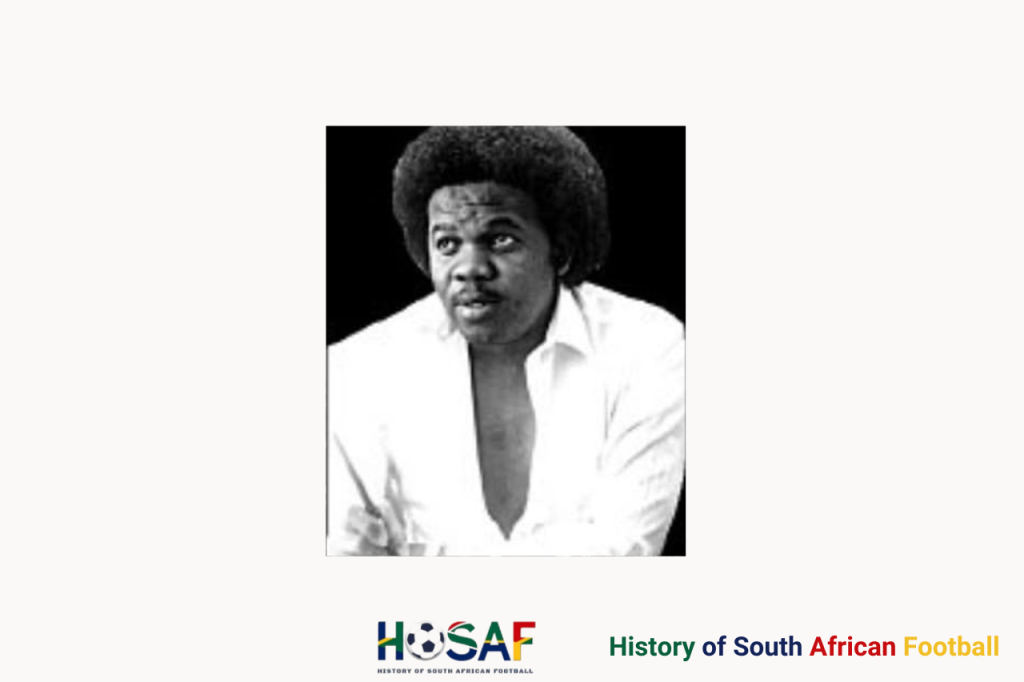
Enter Zola Mahobe, the flamboyant businessman and club owner with an eye for excellence. When he took over the club in the 1980s, he brought with him a revolutionary mindset.
He hired Stanley “Screamer” Tshabalala as coach — a man known for both tactical innovation and a poetic approach to football.
Wanting to elevate Sundowns, Mahobe sent Screamer on a study trip to Italy to observe top clubs like AC Milan and Juventus. While watching training sessions, Screamer kept hearing the word “piano.”
He asked what it meant.
They told him: “Piano means calm. Easy. Controlled.”
But there was more. In Italian, piano also means “floor” — the ground. And in football, it referred to a style of composed build-up from the back — grounded, smooth, intelligent.
Screamer was inspired.
👞 Shoeshine and Piano: A Soweto Metaphor Meets Italian Tactics

Screamer Tshabalala blended this Italian influence with something distinctly South African — a scene from Ndofaya, Soweto, where men sat in corners and shined shoes with slow, methodical precision. There was rhythm, patience, and pride in their movements.
From this, he created a metaphor for beautiful football:
- “Piano” – Calm and methodical build-up play, starting from the defenders and moving forward with control.
- “Shoe Shine” – Fast, short, rhythmic passes between players, with flair and confidence — a kind of football jazz.
This was more than a tactic. It became a philosophy rooted in culture, intelligence, and identity.
🧠 The Type of Players It Demanded
To make this philosophy work, Sundowns needed the right kind of player — not just athletes, but football thinkers.
Zola Mahobe and Screamer Tshabalala brought in legends like:
- Zane Moosa
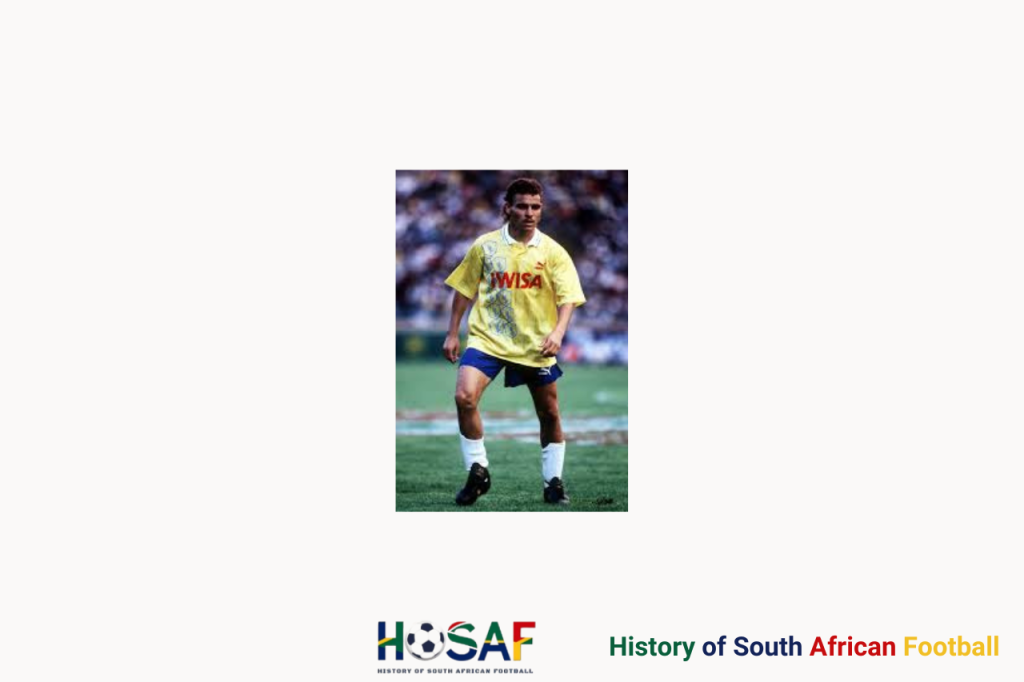
- Ace Khuse
- Bashin Mahlangu
- Mike Ntombela
- Bricks Mudau
- Ewi Kambule
- Pitso Mosimane
These were players with vision, control, composure, and a touch of artistry.
Even today, this philosophy lives on. Trott Moloto, a former coach and now a senior official at Sundowns, has stated that the club still scouts only for players who can perform within this system. The DNA of “Shoeshine and Piano” remains intact.
🎼 Why It Still Matters Today
In the modern PSL era, Mamelodi Sundowns is synonymous with fluid football and tactical intelligence. Their brand is deeply tied to this identity. Whether in the local league or on the CAF stage, Sundowns remain committed to this blend of grace and precision.
It’s not just about winning — it’s about how they win.
With style. With rhythm. With Shoeshine and Piano.



